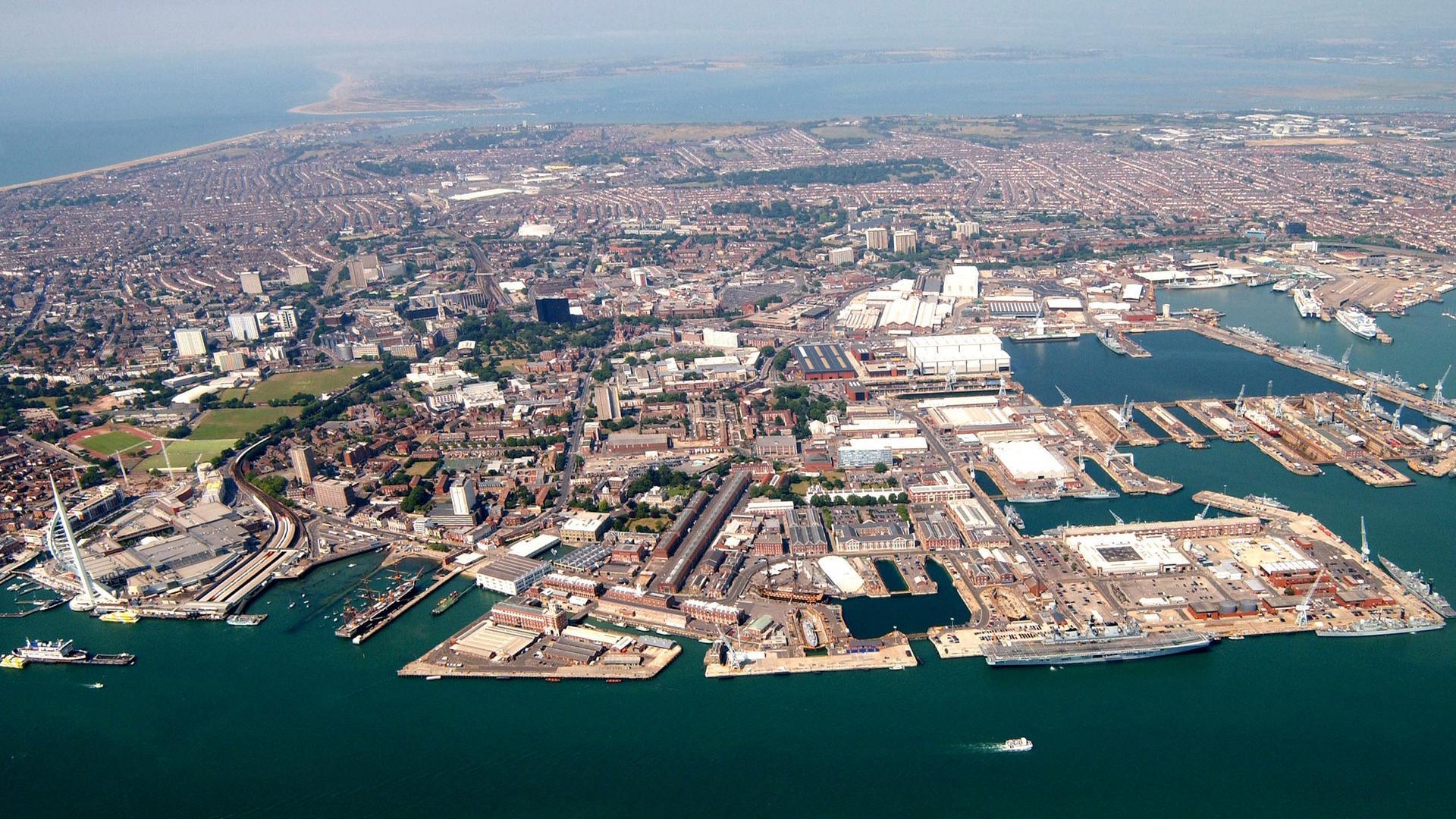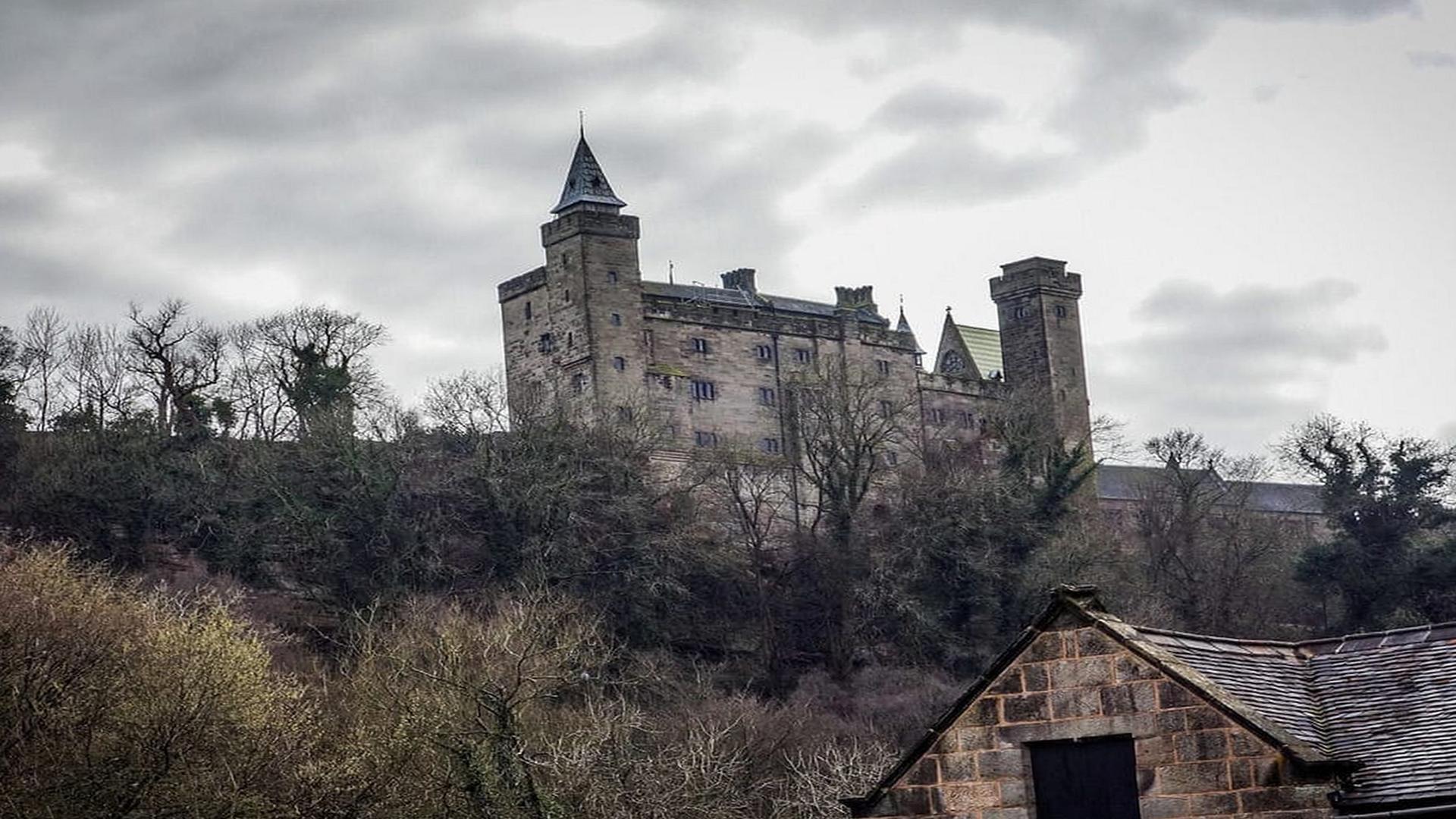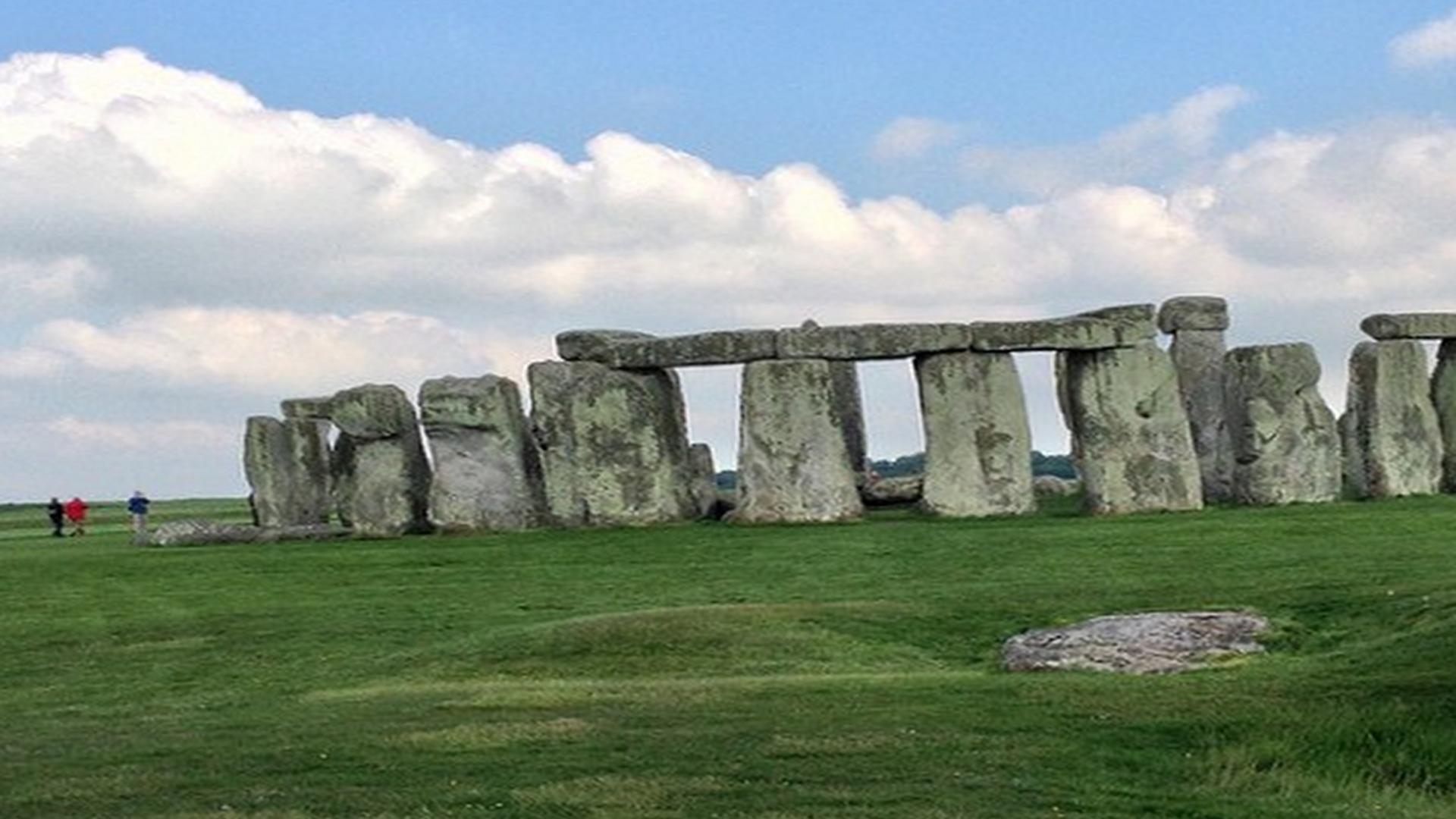Portsmouth Population
/portsmouth-population
Portsmouth Demographics
Portsmouth is a city located on the southern coast of England, often regarded as the world’s most important naval port. It's home to one of the worlds biggest naval ports, and also has the largest population in its region. It’s a large coastal city with a colorful history dating all the way back to Roman times, and it maintains a unique look that sets it apart from other British cities. Portsmouth is a city in the ceremonial county of Hampshire on the south coast of England.
It is an important cultural, retail, transport, education and military centre, Hampshire Local (hampshirelocal.co.uk). The city has a major commercial port and many of its inhabitants work in the service sector. Tourism is especially important during the summer months. Most of the ethnic minorities in Portsmouth are found in its ward of St. Mary\'s, which is made up from the city centre and Marketway areas. Portsmouth has a very diverse and rich cultural background so let take a look at the different races and ethnicities in Portsmouth.
Portsmouth History
As stated by local legend, the city got it's name from several pirates who wanted to carry out a raid on the town. The plot was to capture the city using a prorogue as a distraction. During war time, most of the men in Portsmouth would be out at sea fighting for their country so they wouldn't be around to defend against the pirates. Upon landing in port, the pirates were surprised that there was no one there to fight them off.
Hence, Portsmouth became known as "Portsmouth". The first landowner in Portsmouth was William the Conqueror who claimed the land in 1049. Archeologists discovered that during this time period, the area had been an important trade power for the shipping along the River Orwell and it was a hot bed for pirates. By 1110, Hugh de Portmouth was given a royal charter by King Henry I to begin building a fishery in Portsmouth which gave him control over how things were run and owned.
Regardless of the history, Portsmouth was hit hard by what has been considered to be the largest earthquake in recorded history back in 1646. The massive earthquake that rocked England and killed hundreds of people resulted in the city receiving further damage throughout the years, which led to its eventual founding through Sir Peter Holmes a few centuries later. The City of Portsmouth has a very rich history. The history goes back to Roman times when the city was known as Portesmuoa, which translates to mean the haven at the mouth of a large river.
The city was named this because it was thought to be a good place to form a naval base for their seafaring activities. Portsmouth has a rich history. It was first established in 1180 and has witnessed many changes ever since. The establishment of Portsmouth as a port for King Henry II's navy during the 13th century marks its beginning in history. In the 16th century, Portsmouth became a stronghold for England, and was known as Portesmouth.
Modern Attractions and Industry
This is a modern and attractive city. The fact that it has survived many centuries, an event that wiped out two out of every three humans on Earth (Black Plague), countless natural disasters (Earthquakes), men-made catastrophes (World Wars), and even Mother Nature's wrath in the form of a giant asteroid (there are more than 20 craters around the world that were registered as the place where the asteroid hit the Earth 65 million years ago, one of which is near Lisbon) speaks for itself.
Despite being named in honor of Benjamin Franklin, Philadelphia has several other historical buildings. One of the most notable is the Adolphus Hotel, which opened in 1912 and was nationally renowned for its lounges and restaurants. The Adolphus Hotel was later added to The National Register of Historic Places in 1979 as an historic building. In the 21st century, Philadelphia continues to be a major tourist destination and is home to many theaters throughout the city.
The city of Zurich is in the German-speaking part of Switzerland, which was formerly a federation of three states: Aargau, Schwyz, and Unterwalden. The citys name is derived from the Old High German word for owls, although it has been translated into several other languages. Thanks to a history of neutrality, the city has grown into an economic powerhouse in the country with several major industries present within its borders. The city has a thriving nightlife and entertainment scene, with multiple events held at venues such as First Niagara Center and the new Harbor Center.
There are multiple performing art centers in the city including Broadway Niagara and the Center for the Arts. There are also museums such as the Buffalo History Museum and Albright-Knox Art Gallery that have been named some of the best in the United States. Modern Attractions and Industry. Today, the city still has a thriving economy and attracts many industries, including IBM and Zurich Insurance Group. The citys port still continues to play an important role in the economy and employs thousands of people.
The city also has several theaters, music venues, shopping centers, and other attractions, as well as its historic landmarks. In the 1840s, the modern city of Lucerne was beginning to develop its iconic appearance on Lake Lucerne. The population was rising and the economy was thriving. At this time, the city chose its Latin motto: Stat crux dum volvitur orbis. The cross is steady while the world is turning. The city was returned to the British after the Treaty of Paris in 1856.
Portsmouth Population Growth
The figures of the census reflect very closely the recent changes in the demographic status of Portsmouth. Previously characterized as a run-down industrial town, Portsmouth saw an influx of wealth beginning in the mid-1990s (migrants from the East). These migrants to Portsmouth renovated existing homes in the city, with modest investment, and more dramatically with new homes on greenfield sites on the outskirts of Portsea Island (Newport). The 2001 census found that almost half of all residents in Portsmouth live in rented accommodation.
The population growth of Portsmouth over the last ten years can be easily attributed to the increase in the working-aged demographic, with many people coming to Portsmouth in seek of employment at its dockyard or other businesses. However, Portsmouth is one of a number of districts that make up the wider county. It is also not unique in terms of having a working-aged population that has increased across the ten-year period. So what are the overall figures for Hampshire?.
The Portsmouth area has experienced a significant change in terms of its demographic during recent years. This is in part due to the fact that many people are moving to Portsmouth and the surrounding areas in order to take advantage of job opportunities available at the city’s major employers. There have also been vast amounts of housing developments undertaken across the area, effectively increasing the capacity for new residents. The figures from the 2011 census reflected a growth of almost 10% in terms of population when compared to the previous census taken in 2001.



